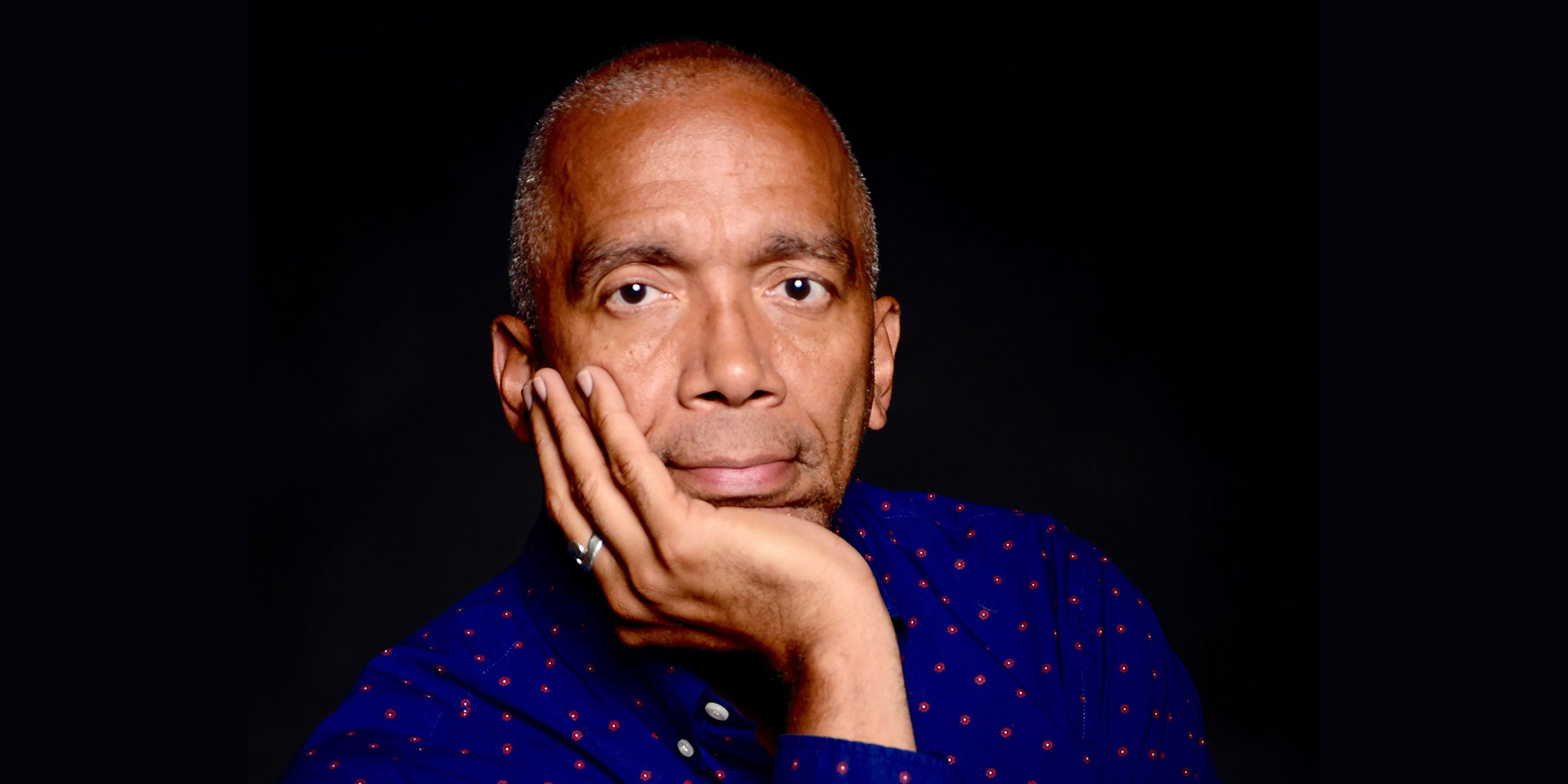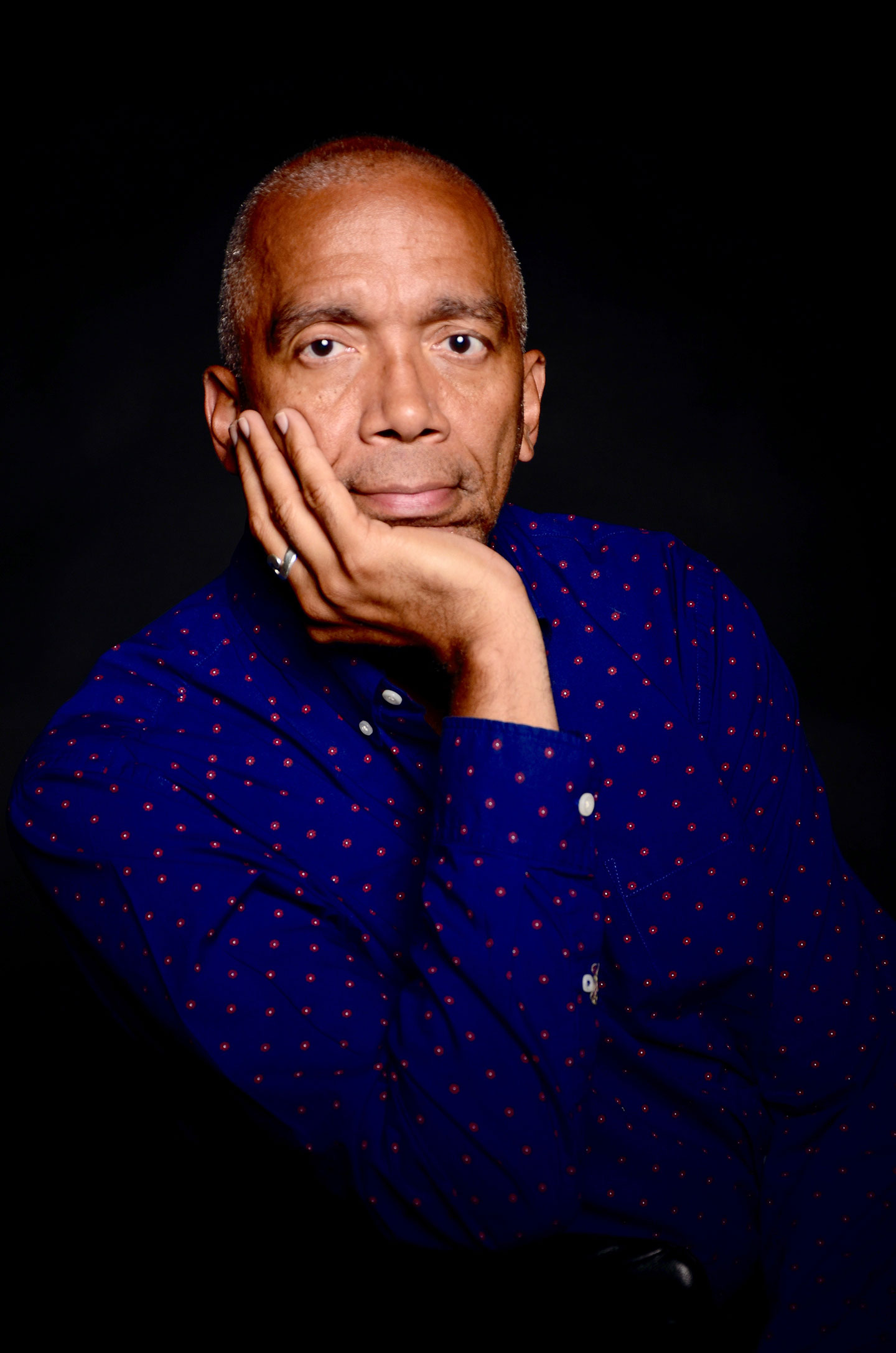
Interview with Fences Director Timothy Douglas
Set in segregated Pittsburgh in the 1950s, August Wilson’s Fences depicts the life of Troy Maxson, a former Negro League baseball star now scraping by as a sanitation worker. Timothy Douglas, one of the foremost interpreters of Wilson’s work, directs a new production September 27 to October 27.
We sat down with him to learn more about his vision for the show.
Your professional history includes directing and teaching August Wilson’s plays, working with the playwright personally and appearing in Fences yourself. What excites you about directing Fences at Ford’s Theatre this September?
My directing career has afforded me my very own personal and ongoing August Wilson Festival, with my productions of Gem of the Ocean (Round House), Two Trains Running and Jitney (Cincinnati Playhouse in the Park) and Seven Guitars (Yale Repertory Theatre) being the latest offerings. I have directed nine of the 10 plays from Wilson’s opus multiple times, and the consistent revisiting of these plays continues to affirm for me their infinite reservoir of deeper meanings.
With this Ford’s production of Fences, I am primarily focused on harnessing those deeper meanings and I want to “level up” with them so that the play will be in relevant dialogue with our current trials and tribulations. I also want to tease out even more of the larger-than-life parallels between Troy Maxson and the playwright himself.
Wilson is known as one of the greatest playwrights in American history. Why do you think his cannon is so critical to American theatre?

Although there are some accomplished and iconic African-American playwrights (Ed Bullins, Alice Childress, James Baldwin, Amiri Baraka and Lorraine Hansberry) who preceded August Wilson, his breakthrough talent lies in his divinely perfect construction of words that captures the exponentially complicated nature of what is to be black in America, and he does so with mathematical exactness. He has accomplished communicating these vulnerable and incendiary truths without them ever becoming a diatribe against dominant culture. August Wilson’s works are unapologetically pro-black, which is the polar opposite of being anti-white.
Wilson illuminates his characters by way of their dynamic use of language and, by dong so, he is able to convey universal truths. This has secured him his place in the pantheon of iconic dramatic writers including O’Neill, Chekhov and Shakespeare.
I am often asked what keeps bringing me back to Wilson’s plays. To be candid, my being drawn to them is not something I’ve really had much of a choice in. One of the major impacts of Wilson’s plays when they first appeared was their effectiveness in filling a void that remains—a dearth of authentic black lives and voices on mainstream American stages.
August Wilson was steadfast in his commitment to make certain that his work would land with genuine and enduring integrity. He was adamant that black directors be the ones to helm his plays in order to fully ground their intended culturally specific and social authenticity. When I began directing professionally, you could count on one hand the number of black directors working steadily on mainstream American stages. The combination of Wilson’s commitment to all black artists, along with the unimaginable success of his American Century Cycle, aided in forging many accelerated career paths, which had been inaccessible to black theatre artists for generations.
What made you choose Craig Wallace and Erika Rose for the parts of Troy and Rose?

I am profoundly blessed to have been able to foster and grow the ongoing actor/director collaboration I’ve shared with the formidable Craig Wallace during the past 21 years. Our stepping together into the towering world of Troy Maxson in August Wilson’s Fences is the most natural of the next evolutionary steps in our artistic journey together. D.C. audiences have come to know Craig’s profound interpretive gifts as an actor through a wide, diverse and eclectic range of plays and writers, most notably that of Shakespeare. The compelling nature of the heights, depths and insights of August Wilson’s works are often compared to that of the Bard’s, given the Herculean challenges both playwrights present for the actor, and Craig—along with Erika Rose—is more than up for the task.

Erika’s interpretive gifts, combined with her real-life reality of raising children, will ensure that Wilson’s Rose manifests in a holographic wholeness, while flowing in artistic symmetry with Wallace’s Troy. I think that the symbiotic brilliance of this acting duo will ensure that the seismic impact of Fences’ famous Act 2 pas de deux will resonate with great force, and rival that of dramatic literature’s famous power couples (including Margaret and Suffolk in Henry VI, and of Martha and George in Who’s Afraid of Virginia Woolf?).
What do you hope audiences will learn from the experience of seeing the show live at Ford’s Theatre this fall?
No matter what I’m directing, I strive to make the experience as personal as possible for everyone. Specifically in the case of Fences, it becomes far easier for audiences to access the world of the entire play when focused on a particular character. I currently find myself particularly focused on Rose, who, for me, is the most compelling and elusive character in the play. I’m thoroughly intrigued by her being the only woman in a male-dominated world (with all due respect to Raynell, Rose’s mini-me) and how expertly she single-handedly balances them all.
Learn more about the Ford’s production here.

